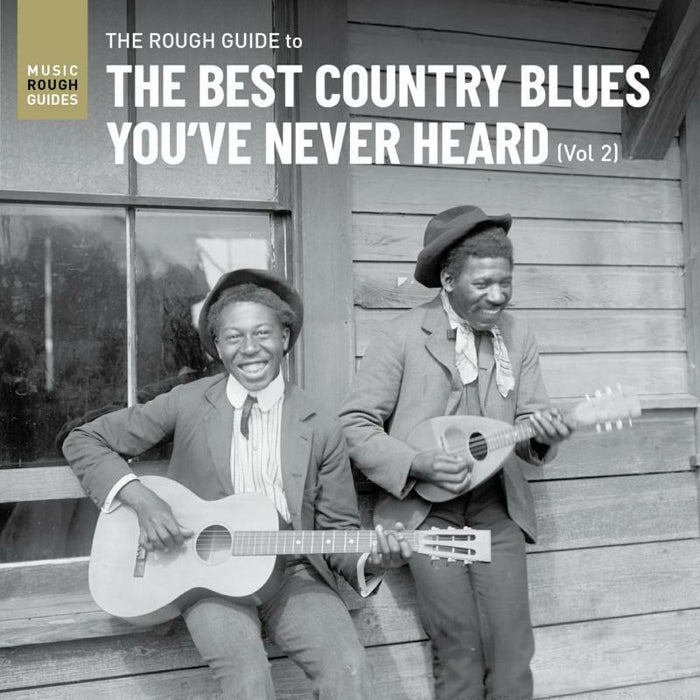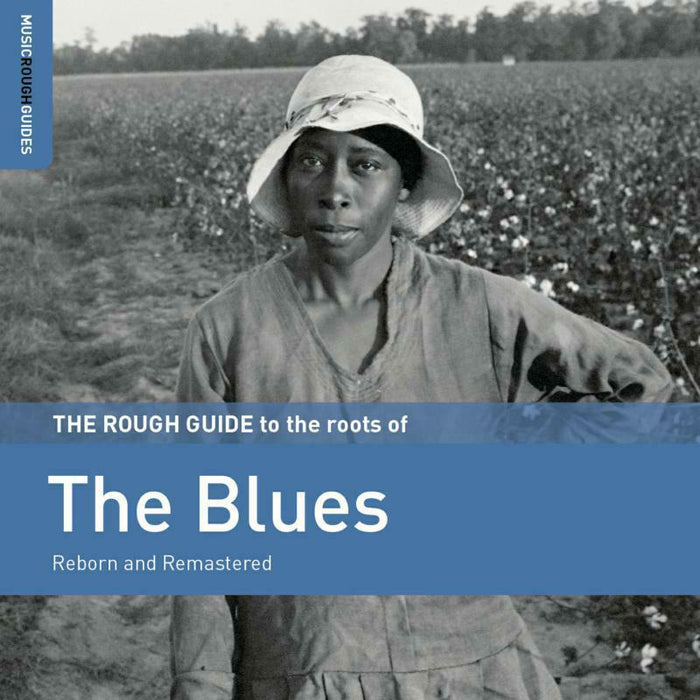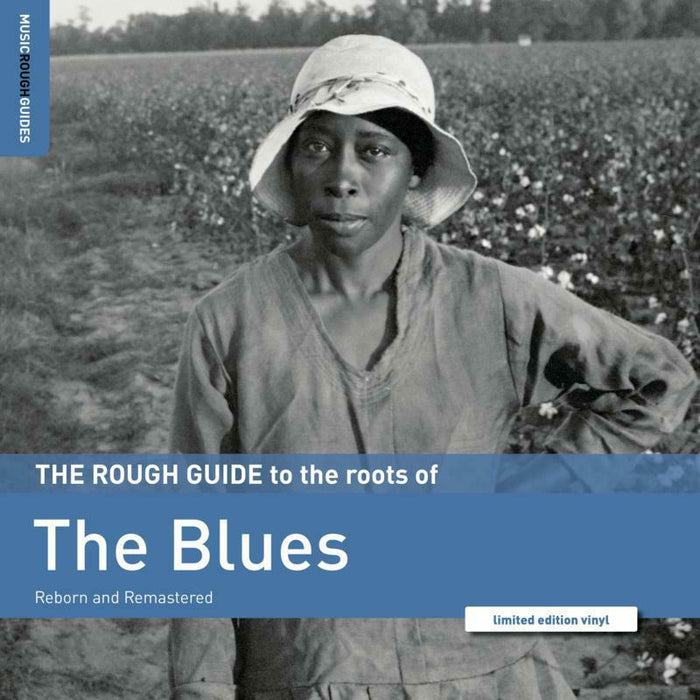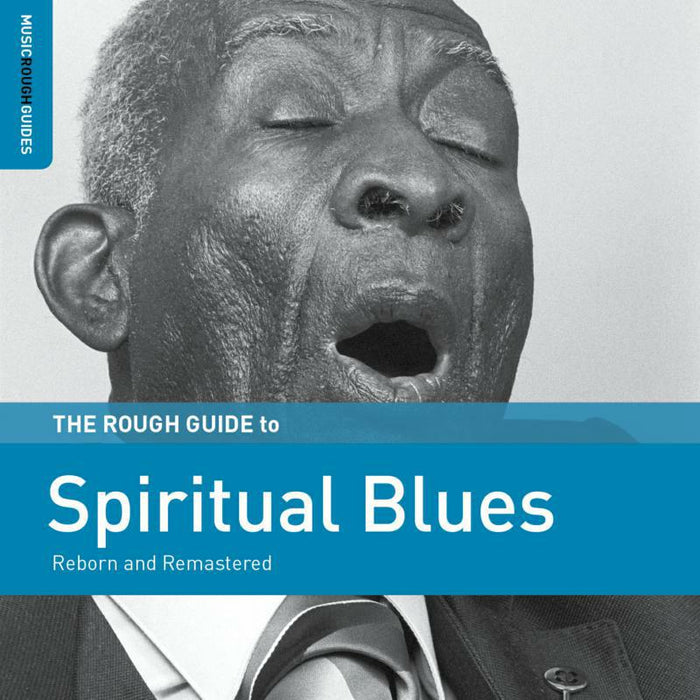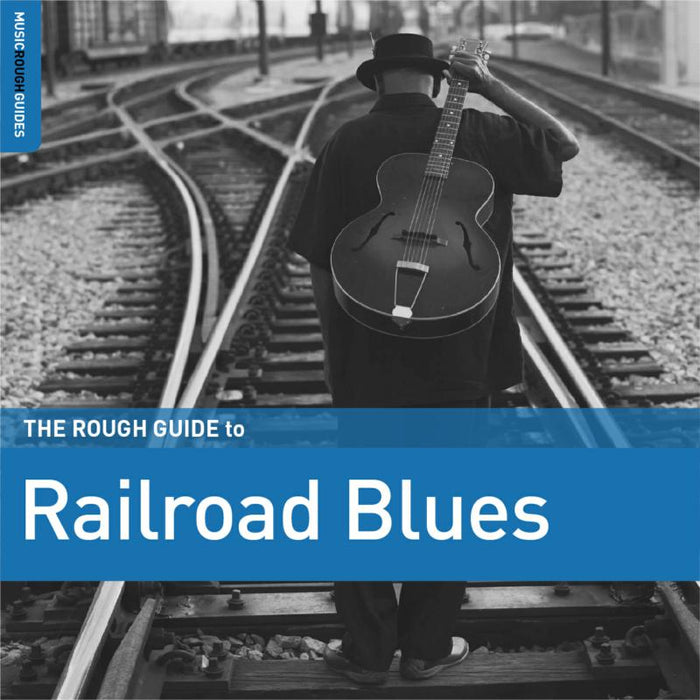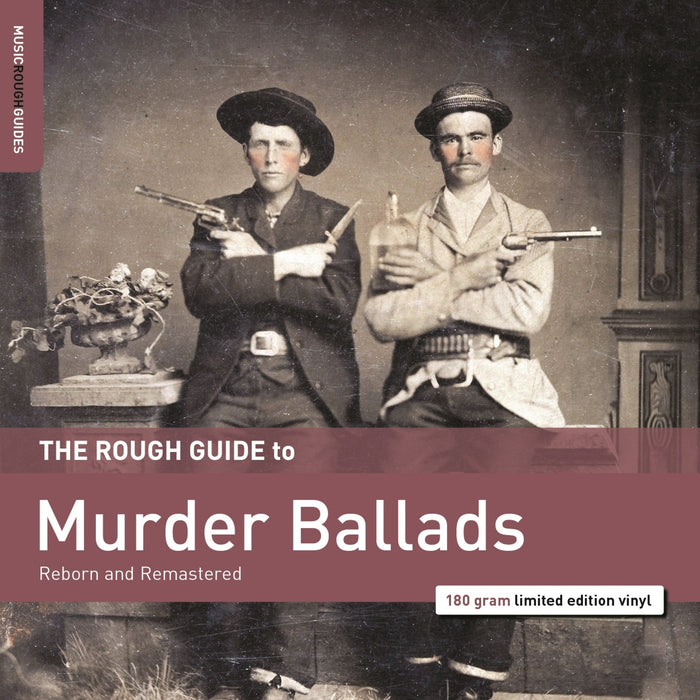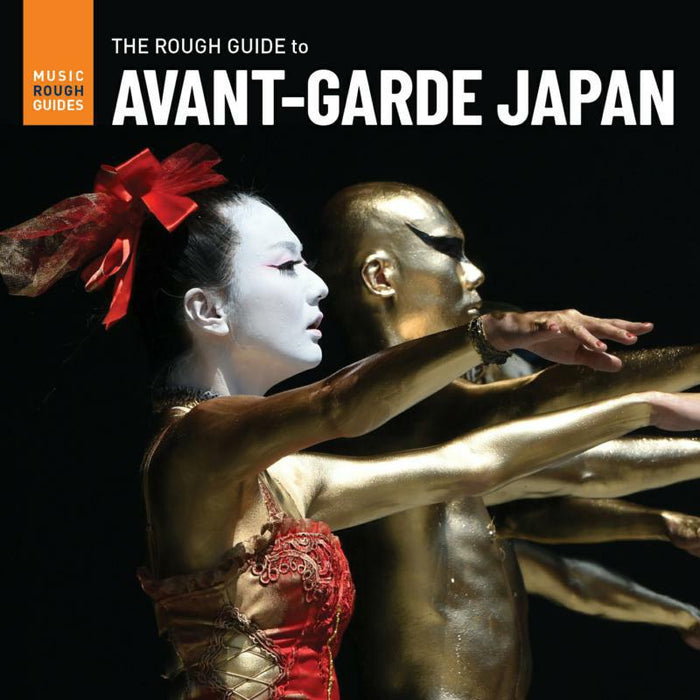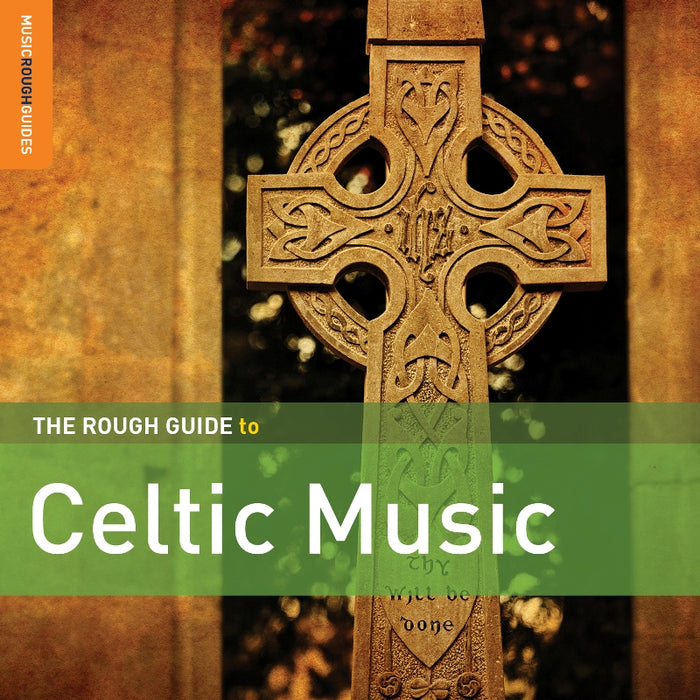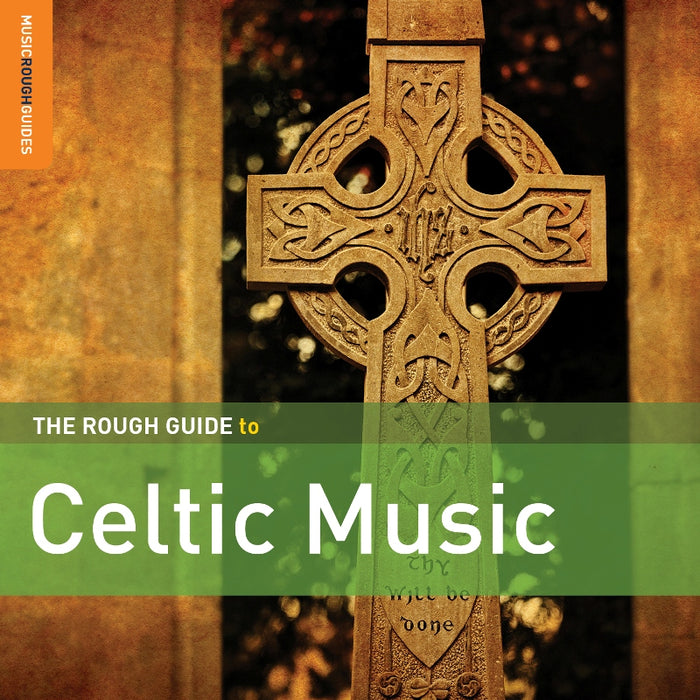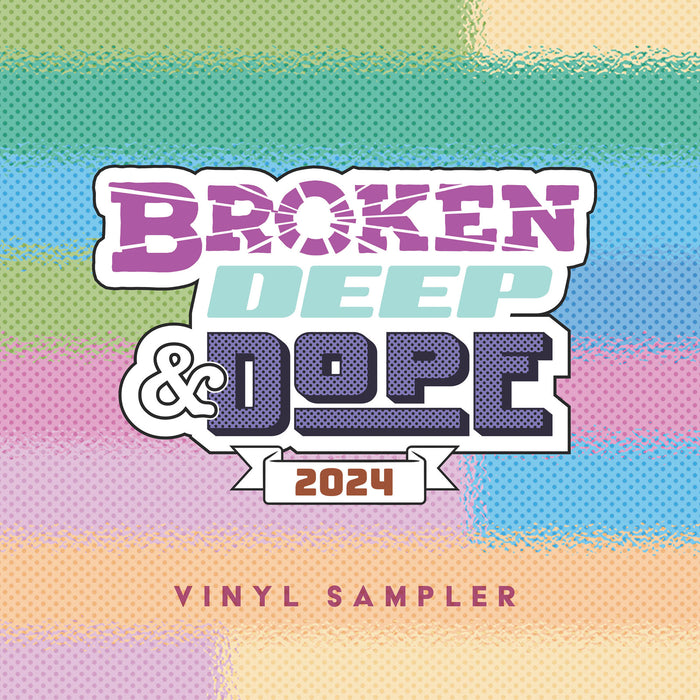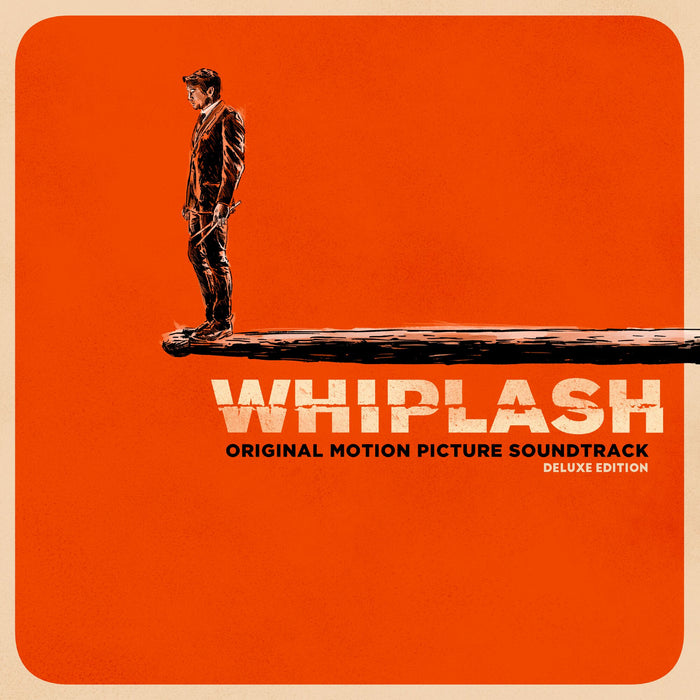Description
Encompassing the marabi, kwela and jive styles of mid-twentieth century urban South African music, this compilation covers the sounds, styles, assemblages and musicians that reside under the umbrella of South African jazz - from the golden age of 1960s and 1970s to the new wave of musicians in the twenty years of post-apartheid democracy.
The epicentre of much of early South African jazz was Sophiatown, a cultural hub of creativity, politics and music in the 1940s and 1950s. It was in this suburb of Johannesburg that Dolly Rathebe began her singing career. After garnering attention in the film Jim Comes To Jo'burg, Rathebe eventually went on to become lead singer in The Elite Swingsters and was the first internationally renowned South African diva.
Sophiatown was also the place where saxophonist Kippie Moeketsi carved out his sound. Some of Moeketsi's most mesmerising playing was with The Jazz Epistles in the mid-1950s and it was as part of this group that he first performed alongside Dollar Brand, now known as Abdullah Ibrahim. One of the most prominent composers and pianists of the South African jazz movement, Abdullah Ibrahim's career spans over 50 years, including a performance at Nelson Mandela's 1994 Presidential inauguration. The composition featured on this compilation pays homage to another fabled cultural centre of urban South Africa, 'Soweto'.
The late Zim Ngqawana, another to have shared the stage with Ibrahim in more recent times, was a leading proponent of the exploration of free improvisation. While retaining South African jazz roots, Ngqawana incorporated traditional and avant-garde elements in his performances. This is illustrated with the rasping vocals and volatile harmonica on the track 'Ebhofolo'.
'Seven Days Ago' by Allen Kwela gives a taste of his virtuosic contribution to jazz guitar in South Africa. Originally from Durban, he was an unsung forefather of kwela, before he branched out into jazz. The prodigious command of the guitar and refined tone as heard on this instrumental are testament to why so many of his jazz peers held him in such high regard.
Gospel, hip-hop and electronic music now dominate mainstream music in South Africa. But against this backdrop, the new school of South African jazzers have embraced the diversity of musical output, with many making the crossover themselves. Bokani Dyer regularly performs with fellow band member and bassist Shane Cooper, in his electronic music alias Card On Spokes. Furthermore, it could be argued the trajectory of popular music in South Africa over the last twenty years is personified by Thandiswa Mazwai, who rose to prominence through her work with kwaito group Bongo Maffin in the mid-1990s, before going on to encompass gospel and delve into maskanda and electronic music in her solo career. Featured here is Thandiswa's take on the South African Jazz standard 'Ntyilo Ntyilo'.
South African jazz may now sit on the fringes of popular culture in South Africa, but you only have to look at the success of the Cape Town International Jazz Festival, Joy Of Jazz Festival in Johannesburg and the National Youth Jazz Festival to recognise the legacy of the pioneering musicians and the continuation of their collaborative spirit in the wealth of burgeoning jazz talent in South Africa.





